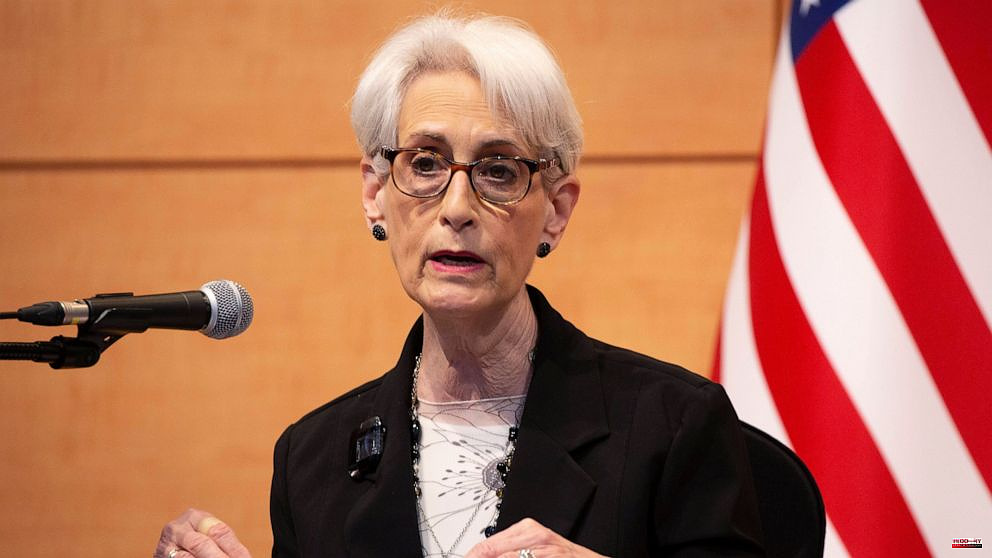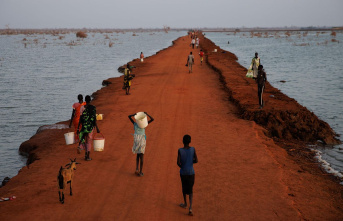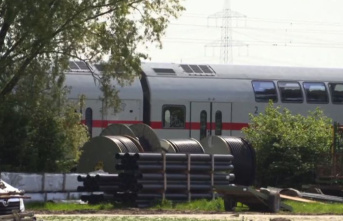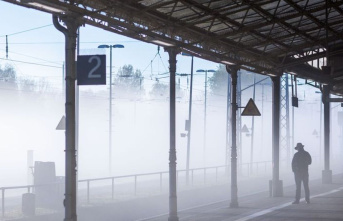SEOUL, South Korea -- U.S. Secretary of State Wendy Sherman met Wednesday with counterparts from South Korea, Japan, and stressed the U.S. commitment in defending its allies and trilateral security cooperation in confronting an accelerating nuclear threat by North Korea.
As North Korea prepares to launch its first nuclear explosion in almost five years, the United States officials believe that it will happen in the next few days, the top-level meetings were held between the two countries.
Sherman, the South Korean and Japanese vice-foreign ministers met in Seoul to issue a joint statement denouncing North Korea's provocation in weapon demonstrations in this year's. They also pledged closer security cooperation in order to reduce the threat.
According to Sherman's statement, the United States has reaffirmed its "steadfast" commitments to South Korea and Japan defense, including extended deterrence. This refers to an assurance that it will defend its allies using its full military capability, including nuclear.
Sherman stated that the United States, Japan, and the Republic of Korea are closely aligned with the DPRK in a news conference. He used the initials of North Korea's official title, the Democratic People's Republic of Korea.
Sherman observed that North Korea has dramatically increased its ballistic launch speed and scale since September last year, which poses a serious threat to security in the region. He urged Pyongyang not to continue taking "provocative and destabilizing" actions and to follow the path of diplomacy.
North Korea, reviving an old pattern, has set a new annual record for ballistic launches in the first six months 2022. It fired 31 missiles during 18 test events and also demonstrated intercontinental ballistic missiles for the first time since 2017.
Experts believe that Kim Jong Un's unusually rapid pace of testing activity is evidence of his dual intention to expand his arsenal and press the Biden administration in long-stalled negotiations, which aim at leveraging its nuclear weapons for security and economic concessions.
Sherman's trip to Asia was made after North Korea, in its largest-ever single-day test event, launched eight ballistic missiles at sea from multiple locations. The U.S. and its Asian allies responded with missile launches and aerial demonstrations involving hundreds of fighter jets.
A nuclear test could further increase North Korea's pressure campaign. It could also allow the country claim that it has the technology to make a small bomb small enough to be placed on a multi-warhead ICBM, or on Kim's wide range of shorter-range weapons that threaten South Korea and Japan.
Officials from the U.S. and South Korea have claimed that the North has almost completed preparations for a nuclear test at Punggye-ri's nuclear testing site. This assessment was supported by the International Atomic Energy which claims there are signs that one of the site’s passages may have been reopened. Since September 2017, the site was inactive and it hosted the sixth nuclear test of the country. It claimed that it had detonated a thermonuclear weapon for its ICBMs.
North Korea is likely to time the test in order to maximize political impact. Analysts speculate that it could be held around a major Workers' Party conference, which has been vaguely scheduled for June 1.
According to North Korea's state media, Politburo members met Wednesday to discuss the agenda of a forthcoming plenary meeting. The meeting is being held by the Central Committee. Kim has requested that the Central Committee review major state affairs including efforts to stop a COVID-19 epidemic. Experts believe he may use the meeting to discuss his nuclear weapons ambitions as well as relations with Washington and Seoul.
Kim's absence at Tuesday's preparatory meeting suggests he is focusing on overseeing preparations for North Korea’s seventh nuclear test, and writing his speeches for plenary. Cheong Seong Chang, analyst at South Korea's Sejong Institute said that Kim's focus has been on supervising North Korea's seventh nuclear testing.
The December plenary of the North Korean party lasted a record five-days. Kim reiterated his promise to increase his country's military capabilities, and ordered the production and distribution of more sophisticated weapons systems.
The U.S. and North Korea are at odds over lifting crippling U.S. sanctions in return for North Korean disarmament measures. This has underscored Kim’s refusal to give up an arsenal that he considers his greatest guarantee of survival.
Experts say that Kim's government has rejected Biden's open-ended offers and is determined to convert the dormant nuclear de-nuclearization negotiations into an arms reduction process.












